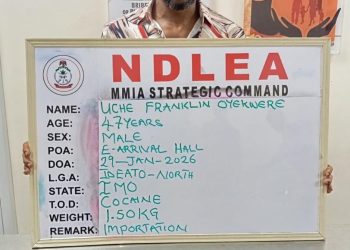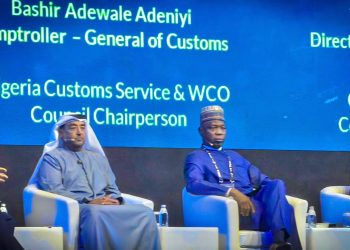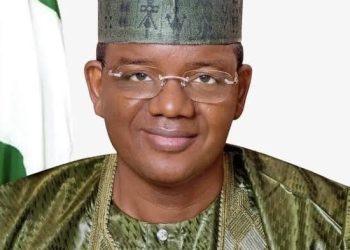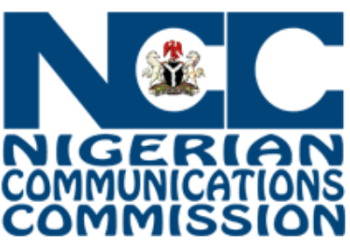By Nkechi Eze
The Nigerian Meteorological Agency (NiMet) convened a stakeholders workshop in Abuja on Tuesday, December 17, 2024, to deliberate on the socio-economic implications of the forthcoming 2025 Seasonal Climate Prediction (SCP). This strategic gathering precedes the public unveiling of the SCP, slated for early next year.
Representatives from various sectors of the economy gathered at the workshop, praising the Nigerian Meteorological Agency (NiMet) for its significant contributions to Nigeria’s socio-economic growth. They specifically acknowledged the agency’s yearly publication of the Seasonal Climate Prediction (SCP) document, which provides timely and crucial information to support informed decision-making across different industries.
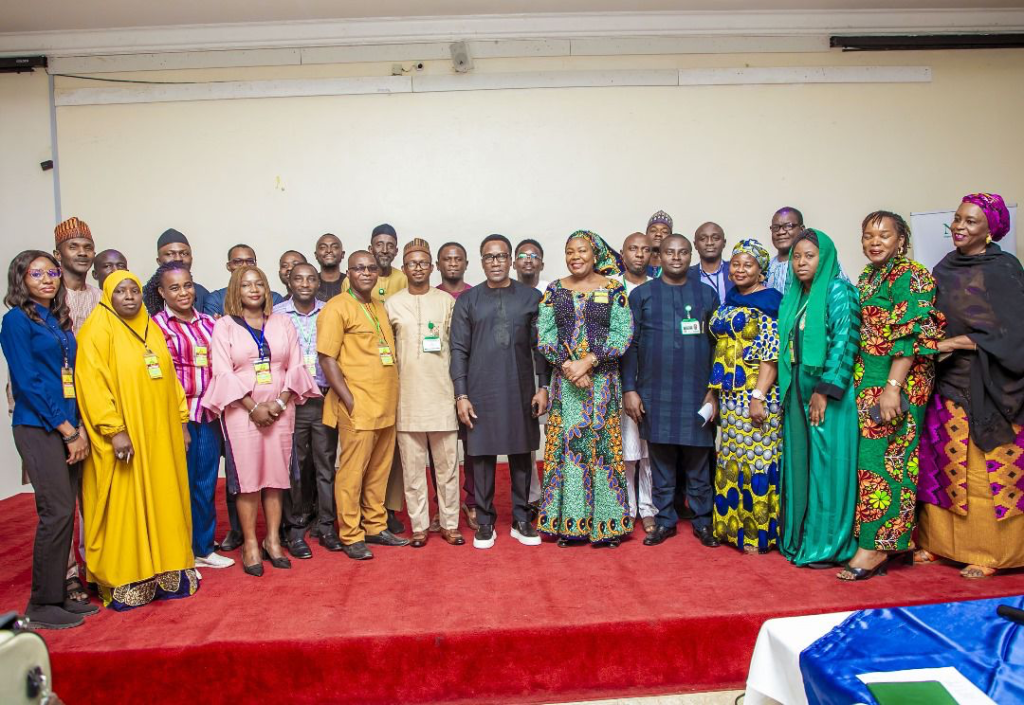
Professor Charles Anosike, Director General and CEO of NiMet, emphasized the significance of the stakeholders’ meeting in preparing the 2025 Seasonal Climate Prediction (SCP) document. He highlighted NiMet’s crucial role in climate-proofing the economy by providing timely and accurate weather and climate information, which enables informed decision-making across various sectors.
By engaging stakeholders, NiMet aims to facilitate a weather-resilient economy, ultimately contributing to Nigeria’s socio-economic development. This collaborative approach demonstrates NiMet’s commitment to delivering reliable climate predictions, supporting the nation’s efforts to mitigate the impacts of climate change.
“Over the years the SCP has evolved in scope, including the concept of co-development which is adequately supported by the World Meteorological Organisation (WMO). This concept of co-development allows critical stakeholders to be part of the production process of weather and climate information to increase the depth and improve the accuracy and the relevance of information provided. This concept also makes the Stakeholders co-own the weather and climate information generated”, Prof. Anosike said.
“I urge us all to reflect on the observed events of the various components of 2024 prediction, their socio-economic impacts across sectors and use our experiences to generate more robust advisories for the 2025 prediction to improve livelihoods, secure the nation’s food security status, and make our people resilient”, he concluded.
Representative of the World Meteorological Organization (WMO) in Nigeria, Dr. Bernard Gomez, represented by Dr. Rowland Abah commended NiMet as it has been issuing the seasonal climate prediction for over 10 years. “I wish to commend NiMet for organizing this Stakeholders’ Workshop annually. It demonstrates NiMet’s capacity and leadership in forecasting weather and climate conditions. This is evident in the fact that NiMet now supports other African countries in producing their forecasts and building their capacity. This is highly commendable”.
Representative of the Executive Director of Advocacy For Women With Disabilities Initiative (AWWDI), a Non-Governmental Organisation, Bilkisu Yakubu, thanked the DG/CEO of NiMet Prof. Charles Anosike for making the workshop inclusive. “It is the first time in the history of Nigeria. We are so proud of NiMet because of the hospitality that was given to us when we came to sign the MoU. I am very glad that we are working with NiMet. Particularly the DG/CEO Prof Anosike, he is the ambassador for inclusivity, especially when it comes to climate change”, she said.
The stakeholders forum serves as a feedback mechanism for NiMet. It ensures that the final SCP document meets everybody’s expectations as NiMet produces the final SCP document scheduled to be unveiled to the public in late January 2025 subject to the approval of the final date by the Minister of Aviation and Aerospace Development, Festus Keyamo, SAN.
The stakeholders’ workshop saw participation from a diverse range of ministries, agencies, and organizations, including: International partners: World Meteorological Organization (WMO)
Government ministries: Federal Ministry of Aviation and Aerospace Development, Federal Ministry of Agriculture and Food Security
Humanitarian and emergency response agencies: United Nations Office for the Coordination of Humanitarian Affairs (OCHA), National Emergency Management Agency (NEMA)
Health and disease control agencies: Nigeria Centre for Disease Control (NCDC)
Agricultural and environmental organizations: National Agricultural Extension and Research Liaison Services (NAERLS), The Nigeria Hydrological Services Agency (NIHSA), Harvest Plus
Advocacy and disability groups: Human and Environmental Development Agenda (HEDA), Advocacy For Women With Disabilities Initiative (AWWDI). These stakeholders came together to discuss the socio-economic implications of the 2025 Seasonal Climate Prediction and explore ways to leverage climate information for sustainable development.


